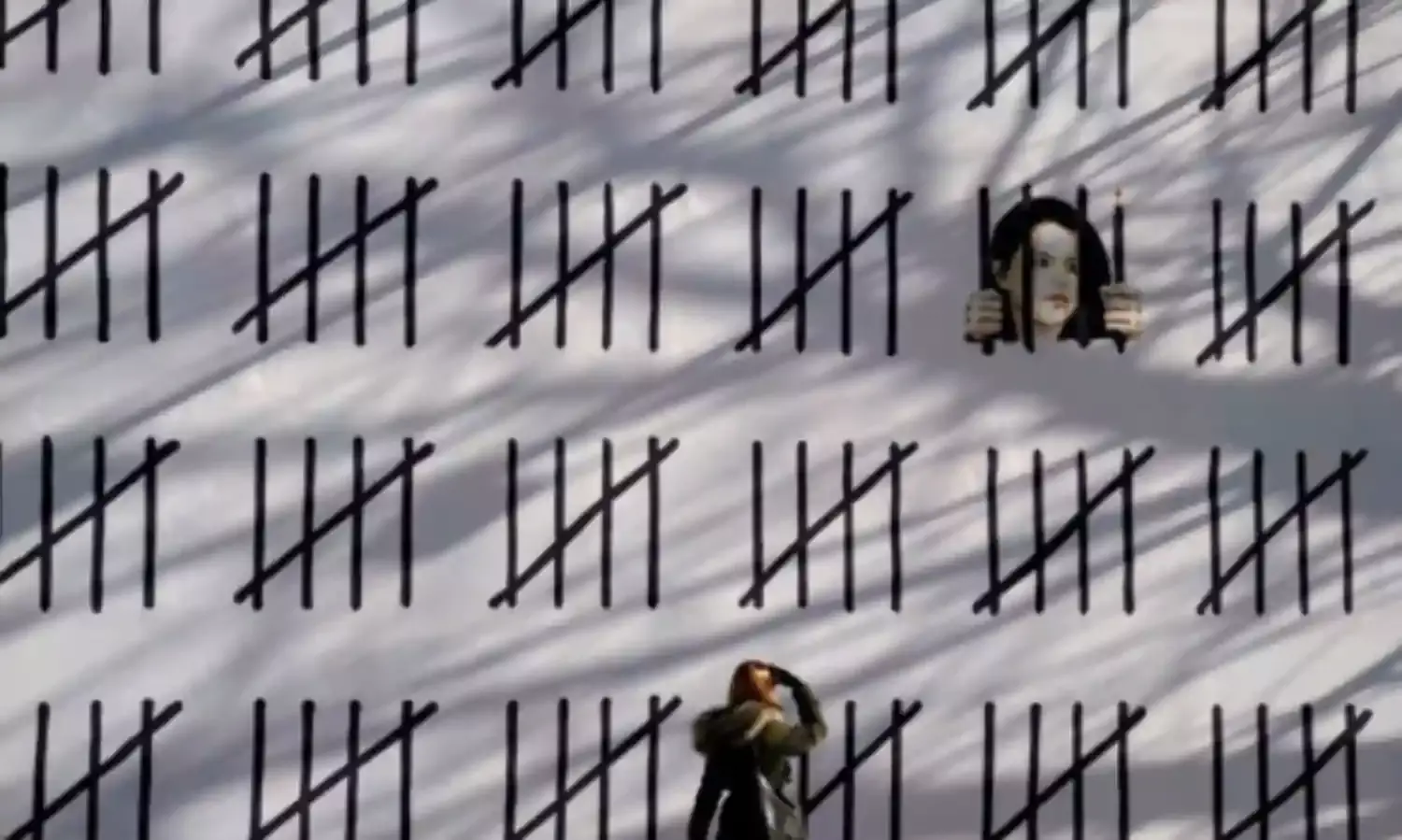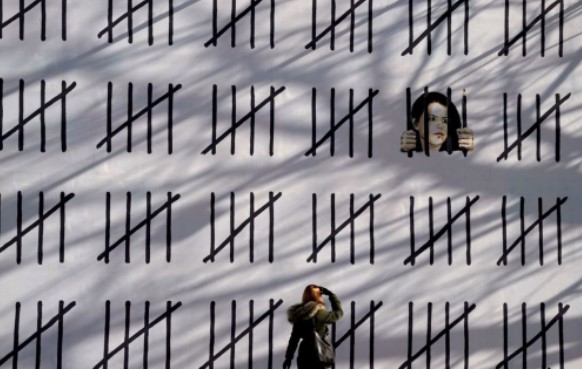Dear Mr Harish Khare, I Almost Thought I Was God'
A letter with love

Dear Mr Harish Khare,
Was delighted to get the letter from you, even though it was through the media as it should have been given the concerns listed . Foremost of these being that even our celebrated godi media anchors who have sacrificed their evenings, and perhaps their lungs in the process, did not make it to the list of the most powerful. And that the likes of Arnab Goswami and the many others who follow his tenets every evening have not made the cut, and have indeed lost to Kangana Ranaut and her ilk.
Of course the thought comes to mind that they might have been competing for the slot in the rank of actors and hence were eclipsed by the Bollywood worthies. But even so journalists, as you have said, do not figure in the list of most powerful Indians and I agree that we as a fraternity should look into this with some introspection and some thought.
The media’s importance is lost for two primary reasons. One is the systematic marginalisation of professional journalists by the proprietors, at the instance of the political mentors. Major media outlets are run by faceless editors now who have little to say or contribute to the independence of the media. Tight government control further emasculates the media, with those in charge having too much to lose to risk losing it. But then you know this better than I, and also from personal experience.
Individual journalists, restricted in movement and subjected to institutional controls, barely get a byline of consequence through the garbage of monitored news. The turn of the pen, the twist of the headline, the courage of the report, the honesty of news has been submerged under the weight of fear, control, manipulation. Hence the editor who urged the reporter to defy all norms and cut across the barriers to get the news, now tells the journalist to let it be, to be careful, to drop the story, to write with caution. And if s(he) does not agree, s(he) is made to walk the plank.
Except for a noticeable few, the media owners prefer a sort of joint secretary kind of journalist to manage the news. One who, like the classical bureaucrat remains faceless, has no flair really to exercise, dumbs down the copy, follows stated and unstated guidelines, and clamps down on any scribe who shows signs of intelligence and independence. Television also provides the support system to the screaming anchors every night, so that news can be decided beforehand, and the discussions around the pre-decided news brought together to serve the powers that be through a carefully thought out panel.
As a result, news has moved to social media, in terms of mass consumption. Twitter has taken the lead, and it works to create a toxic atmosphere where the one screams at the other, but where most rush to post videos and comments before the regular media has even got a whiff of it. This has further marginalised the professional journalist, as now the people do not even wait for the confirmation of a tweet by the regular media, and start responding to it as if it is gospel. With the same devotion of the fanatic.
You write, “in the new Bharat journalists have stopped taking themselves seriously and are not taken seriously by anyone, including the powers that be.” How I wanted to refute this, and thought up any number of arguments, to prove that this is not so. That we are still journalists representing a noble profession but alas! I had to bend to superior wisdom such as yours and accept that we are indeed the powerless.
I think even the screaming anchors now find themselves in a trap, they cannot get out of the vortex that they have created - there are examples that I am sure you know of as well as I - and at times sense their powerlessness when the controls are tightened and there is no escape. But yes they should have made it to the actors list, as their smiles never slip, and the anger on camera never fades.
I differ slightly, in that I do think that others are still taking us seriously, even as they want to diminish and reduce us to a faceless,powerless entity. They express their fear by attacking the messenger continuously, and robbing the scribe of access to the corridors of power. They know the power of journalism, and are working overtime to not just blunt but kill it. Our powerlessness lies in our inability to raise a strong counter, as unity has never been our strong point.
The prominent personalities have disappeared, as you have pointed out, with the fearless media – there is no room for informed debate and discussion, the shouting brigade has taken over sober thought and writings, abuse has replaced decent behaviour journalists were always known for, and a certain anger and acrimony and arrogance has crept into the profession that is visible every night on prime time TV. From giants who commanded respect we have reduced ourselves to pygmies who invite derision.
So Mr Khare we are together on this, with much to say about the situation and little about the solution. Solutions lie in unity and a fierce pride in journalism, but both have been fractured over the years, perhaps irretrievably.
However, as professionals we were taught to present a glass as half full, and not half empty, particularly when the circumstances were abject. Never to predict a riot, never to intrude into people's grief, never to create hate and support lawlessness, always to protect sources, and yes, even in the worst possible circumstances highlight hope.
‘Madame President’ lulled me into a prime time television studio mood where I almost thought I was god. But then I remembered that this is just a job, and alas I am not god. And not a good enough actor to even pretend to be one. Alas, reality delivers lemons.
Hope to continue this discussion in person.
With love,
Seema Mustafa
Senior journalist and editor Harish Khare’s letter can he read here




